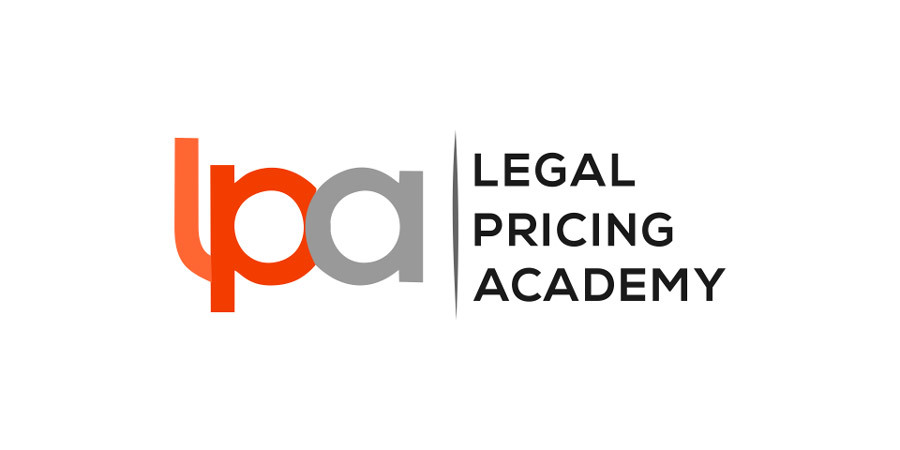Last week a pricing specialist called me.
He wanted a chat about his career options. He was working in a strategic pricing role in the manufacturing sector. He ‘d been promoted internally to the position from a role in sales (a not uncommon story), so he’d never actually sought out a strategic pricing role before.

After 3 years in his role and 6 years with his employer he wanted a change. He was wondering about a move into the professional services sector and had seen that a few law firms were starting to advertise strategic pricing roles. He’d read my article on The First 90 days and wanted to get my perspective.
“The thing is, he said, “I’m just not convinced whether a law firm role would be a good bet for me. I don’t know all that much about how businesses in the legal sector operate. I’m unsure how committed they are to developing their pricing strategies. Would they really know how to use someone like me? I don’t want to end up going backwards.”
We looked at his concerns and how we might try to analyse the merits of a prospective pricing opportunity with A.N.Other law firm. It was a thought provoking discussion that above all reminded me of the importance of remembering that interviewing is a two-way process. In the act of trying to land that dream job it can be a challenge to make sure that you also do your own due diligence at a meaningful level.
So, as a starting point, what type of factors should you think about when assessing a new law firm opportunity?
- Clarity: First and foremost, how clear is the law firm about what they want? How specific is the job description? Moreover, does it reflect the opportunity as presented to you by the people you meet with during the interview process? Do all the stakeholders that you have met view your prospective role in the same way, or are there inconsistencies? If so, explore these further. Particularly in the case of a start up pricing function you need to be sure that the business is clear about what your role will be.
- Expectations: Are you satisfied that the firm knows what results it wants from your role and from the pricing function more generally. What will success look like, both from a short term and longer term perspective? Where will your role be positioned internally and what impact will that have on your opportunity to influence? Does the firm truly see this as a strategic role, or does positioning and salary suggest that it will be more operational/administrative role? This isn’t necessarily a right/wrong scenario but some due diligence at the outset will help avoid any nasty surprises.
- Support: How much genuine internal buy-in is there for this role? You will need top-level support but you’ll also want to understand how other relevant business support teams will react to you arrival. Have these teams had input into agreeing the scope of your role or has it been imposed on them? If so, how well has it been communicated and received? Don’t forget about the partners – they have a key stake in the pricing process. Are they nervous or resistant to the idea of change? Meet with the key individuals whose remit will have an overlap with your role. Get to grips with the likely climate before you land.
- Investment: How much time and thought has gone into selecting you for this role? Has the firm invested into a recruitment process that has measured your experience and skills, your competencies and traits? The more rigorous the assessment process has been the more confident you can be that the practice understands what it wants and why you fit the bill. Thereafter - how does the practice view the ongoing development of its’ pricing capability? Is it going to grow? How might your own role evolve to ensure that you continue to develop your skills? What provision is there for talent management and development within your function? Is there a specific competency framework in place for the pricing function? If not, is there a firm commitment to developing one?
- Prospects: Where you want to be in terms of your career to be in 5 years time. What are your own longer terms goals? Taking everything into account does this new opportunity have the potential to move you closer to those objectives? If not there will need to be some very specific reasons for you deciding to take the role in question.
Strategic pricing roles are in their infancy in the legal sector- there will inevitably be inherent risks involved. Risk isn’t necessarily a bad thing. As we know, it is often the flip side of opportunity. What you want to be sure of though is that your prospective employer has been thorough enough in its approach to avoid unnecessary risk and to lay the groundwork for success.
To discuss your law firm pricing career contact Emma Potts, [email protected], +44(0)7776 301 305.

